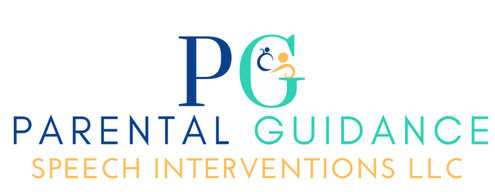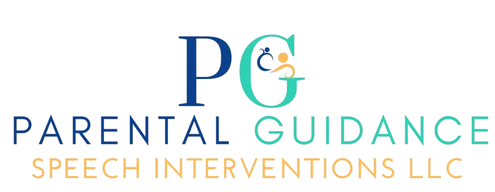Apraxia Treatment

What Is Childhood Apraxia of Speech?
Childhood Apraxia of Speech (CAS) is a motor speech disorder. It affects how the brain sends messages to the muscles used for speaking. A child with apraxia may know what they want to say, but their mouth doesn’t follow the plan easily, so words come out wrong or not at all.
Early support can make a big difference if your toddler struggles to speak clearly or say what they mean. You don’t have to wait—and you don’t have to figure it out alone. At Parental Guidance Speech Interventions LLC, we give you the tools to help your toddler speak more clearly and with less frustration, right from your home routine.
Our services are ideal for toddlers ages 1 to 4 who:
- Say very few words or seem to “lose” words they once used
- Get frustrated trying to speak, or often fall silent
- Struggle with imitating sounds or words
- Show inconsistent speech—saying the same word differently each time
- Have been diagnosed or show signs of apraxia
Apraxia Treatment for Toddlers in Smyrna
We focus on teaching you, the parent, how to support your child in meaningful ways every day. Your involvement gives your child the regular practice they need, with the person they trust most.
Our process includes:
- Speech & Language Evaluation
A detailed look at how your child moves their mouth for sounds, uses words, and responds to speech tasks. This helps us decide the best next steps.
- Parent Coaching
We teach you how to break down speech into small, repeatable steps using play, routines, and positive reinforcement. This includes how to cue, repeat, and respond in ways that help your child succeed.
- Structured Intervention Plan
We focus on high-frequency, functional word practice through repetition and cueing. This improves planning and movement for speech, without making the process stressful.
- In-Home or Online Support
We work around your schedule and help you fit speech learning into your daily routines—like snack time, story time, or play.
Our Services
Contact Info
Why Choose Us
You’re Part of Every Moment
You spend the most time with your toddler. The more they practice speech with you, the better they get at using sounds throughout the day, not just during sessions.
Daily Practice Builds Stronger Habits
Speech improves with frequent, short practice. We show you how to turn everyday moments into fun speech opportunities that don’t feel like “work” for your child.
Trust Matters in Speech Learning
Kids with apraxia need extra encouragement. When practice comes from you—the person they feel safe with—they stay more relaxed and willing to try again.
FAQs
No. Apraxia typically requires ongoing practice and support. With consistent guidance, children can make strong improvements, but progress takes time and repetition.
Yes. Many families come to us before a formal diagnosis. If your child shows signs of speech difficulty, we can begin helpful support right away.
Most children with apraxia improve with the right support. The sooner you start, the more likely they’ll gain the speech skills they need to move forward confidently.
Yes. We teach you how to use hand motions, facial expressions, and pacing to help your child say sounds more clearly and with less frustration.


